Do you know what you were doing in December 2008? While the country was in the middle of the Great Recession, I was home for the holidays during college, visiting my family, with no idea about the state of the workplace or what the real world had in store.
During the recession, when the workforce was so unsure of anything about the future of their jobs and lives, Workforce Magazine published an article forecasting what they believed Human Resources would look like a decade in the future. Workforce asked a group of HR executives and thought leaders to make their best predictions about the year 2018, and, now that we’ve made it this far, here’s how they hold up to the present-day workplace!
The lengthy survey compiled predictions in six categories and some especially stood out to me. One overarching conclusion the panel reached was that millennials would redefine jobs, doing work at home, and taking home to work.

“The labor market will look more like eBay than Monster or Yahoo HotJobs.”
As a millennial, I have never heard of HotJobs, so that was a correct prediction! Monster, however, is still widely used today among jobseekers. Sites like Freelancer and Upwork remind me of an eBay-like job market, where jobs are posted on an individual basis and both the person hiring and the person doing the work agree on a set price and time period for a project.
“There will be an increased focus on infrastructures—such as social networks and wikis—to support building strong relationships and collaboration. The structure of work will become more adaptive, more informal and less focused on formal structure and static design solutions.”
Stronger work relationships and connections are a big part of workplace culture today. With increasing technological capabilities, people are in communication anywhere, anytime. Products such as online recognition platforms help to both connect an organization, no matter where its people are, and build stronger relationships all in one central location. These “more informal” ways of acknowledging the right behavior have become customary.
“Expanded use of virtual teams of employees who communicate extensively through videoconferencing, e-mail and text messaging.”
I feel this was an obvious prediction, as technology was on the rise with no sign of slowing down. What I don’t think these professionals knew back then, however, was how long it would take for organizations to adapt to this new way of communicating, and the culture change it would bring.
“The corporate social responsibility movement will grow stronger. The memory of today’s financial crisis will leave a legacy of greater scrutiny and regulation of issues such as fairness, pay differentials and ethics, particularly in traditional Western economies.”
This could not be more spot on, especially in the last few years. People are becoming more involved in making changes that they believe in, and it’s no different for whole organizations. Corporate Social Responsibility is becoming a crucial part to most companies’ missions and values, and there’s a bigger, better understanding of equality in all aspects of the workplace.

“And the benefits world of the future will be customized and creative, with offerings that could include elder care, pet care and concierge services,” according to the panel. “Companies will need to offer tailored benefits to meet diverse needs and attract talent.”
Maybe it’s the rise of the new generation, maybe it’s not. But job seekers today are looking for more than just a nice benefits package and decent pay; they want a company that shows they care about the employees and the community. People are searching for culture and career advancement and meaning in their work/workplace. It’s no longer just about money or perks, it’s about feeling and purpose.
When asked what the most important workforce management issue will be in 10 years, there were a few different predictions:
- continued labor shortages, particularly in leadership positions
- the need for constant learning and updating of skills
- talent management, same as 2008
“Fads with fancy titles will fade. Just as terms such as ‘personnel’ and ‘employee relations’ gave way to more modern labels, one professional expected the name ‘HR’ will be ‘outdated and ‘old-fashioned’ in a decade.”
Well, that didn’t turn out quite as predicted! And we don’t mind either. The statement has some truth to it, however, as we are seeing more specific HR job titles, such as Chief Happiness Officer, Director of Employee Engagement, Director of People, and so on. HR has evolved as did what people look for in a company they want to work for.
Lastly, a final prediction was: “A still faster pace is ahead.” What do you think? Do you agree with the above conclusions? Either way, I bet Workforce didn’t expect to be writing articles like, “Harassment by Emoji’s!” I’ll be very interested to see what the predictions for 2028 will be!



